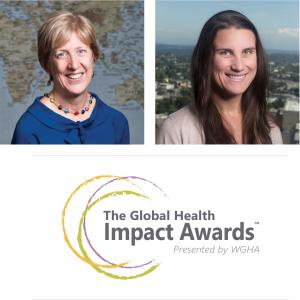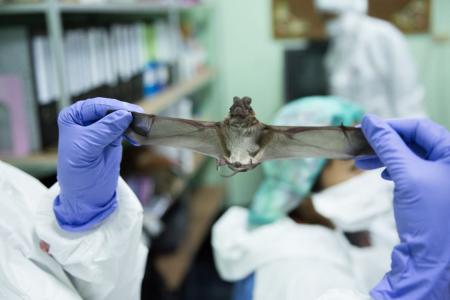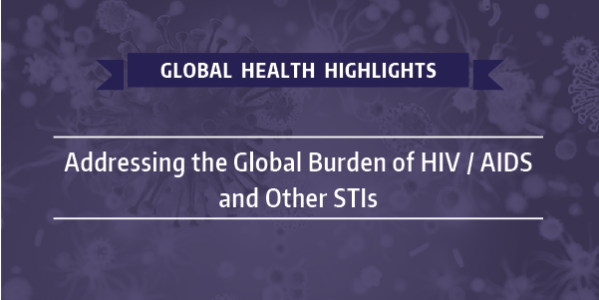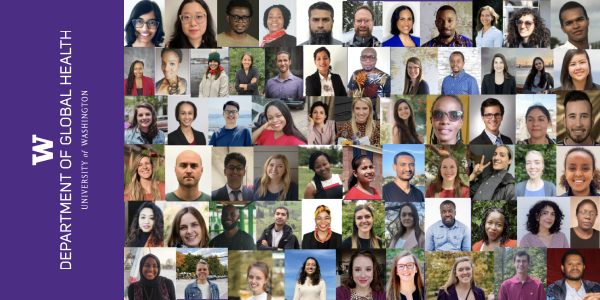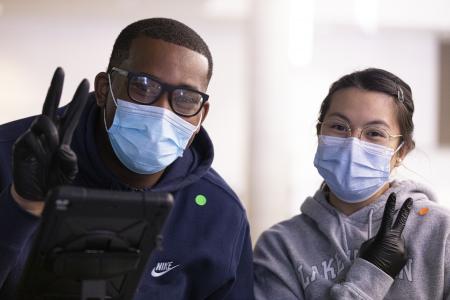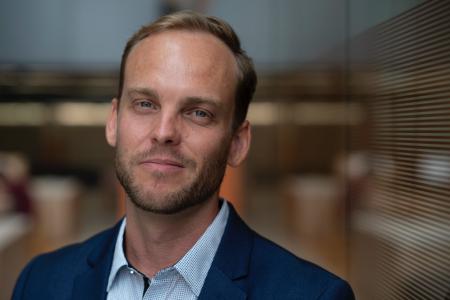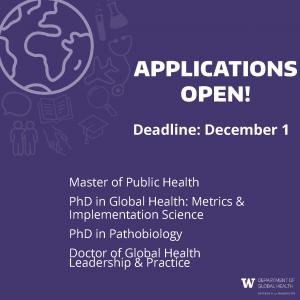Reports: Health problems tied to global warming on the rise
Health problems tied to climate change are all getting worse, according to two reports published Wednesday. “Rising temperatures are having consequences,” said University of Washington environmental health professor Kristie Ebi, a report co-author.
Image Credit: AP Photo/Tony Avelar
